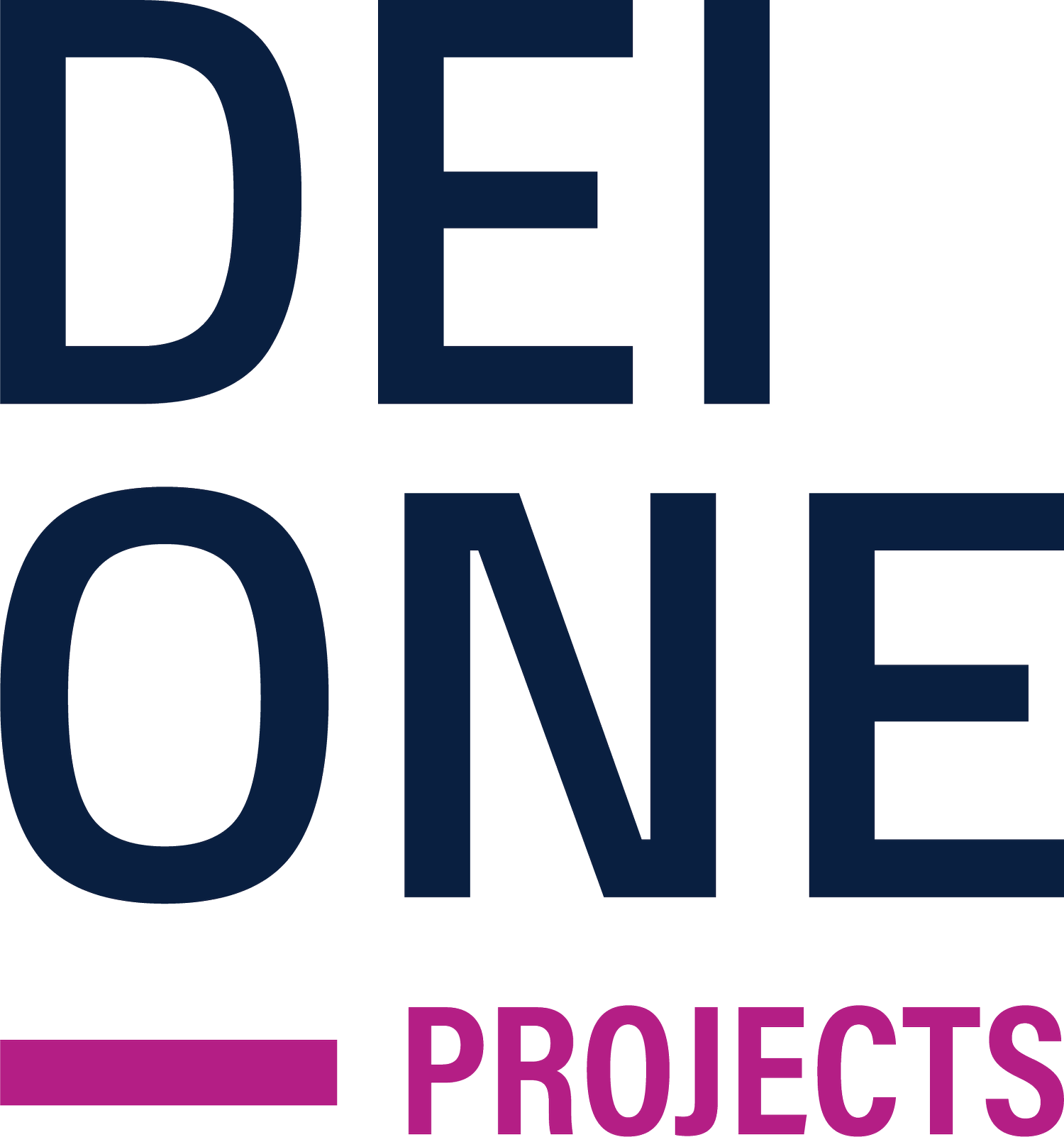Tech-Forward Transformations: Innovative Solutions for Efficient Construction Processes
Innovation is revolutionizing the construction industry, paving the way for more efficient and sustainable building practices. From advanced robotics to cutting-edge software solutions, technology is transforming every aspect of the construction process. Let's explore some innovative technology solutions that are driving efficiency in construction processes:
Building Information Modeling (BIM): BIM is a digital representation of a building's physical and functional characteristics. By creating a detailed 3D model of the project, BIM allows stakeholders to visualize the design, identify potential clashes, and optimize construction sequences before breaking ground. This streamlines the planning and coordination process, reduces errors and rework, and enhances overall project efficiency.
Prefabrication and Modular Construction: Prefabrication and modular construction involve manufacturing building components off-site in a controlled environment before assembling them on-site. This approach reduces construction time, minimizes waste, and improves quality control. With advancements in prefabrication technology, construction companies can deliver projects faster and more cost-effectively than ever before.
Drones and UAVs: Drones and unmanned aerial vehicles (UAVs) are revolutionizing the way construction sites are monitored and managed. Equipped with cameras and sensors, drones can capture aerial imagery, conduct site surveys, and monitor progress in real-time. This data allows project managers to identify potential issues, track productivity, and make informed decisions to keep projects on schedule and within budget.
Augmented Reality (AR) and Virtual Reality (VR): AR and VR technologies are transforming the way construction projects are designed, visualized, and executed. By overlaying digital information onto the physical environment, AR enables stakeholders to visualize design changes and identify clashes in real-time. VR, on the other hand, allows users to experience immersive virtual environments, enabling better communication, collaboration, and decision-making throughout the project lifecycle.
Internet of Things (IoT): IoT technology involves connecting physical devices and equipment to the internet to gather and exchange data. In construction, IoT sensors can monitor equipment performance, track material usage, and collect environmental data on-site. This real-time data allows project managers to optimize resource allocation, schedule maintenance proactively, and improve overall project efficiency.
By embracing these innovative technology solutions, construction companies can streamline processes, reduce costs, and deliver projects more efficiently than ever before. From BIM and prefabrication to drones and IoT, these tech-forward transformations are revolutionizing the construction industry and shaping the future of building practices.

